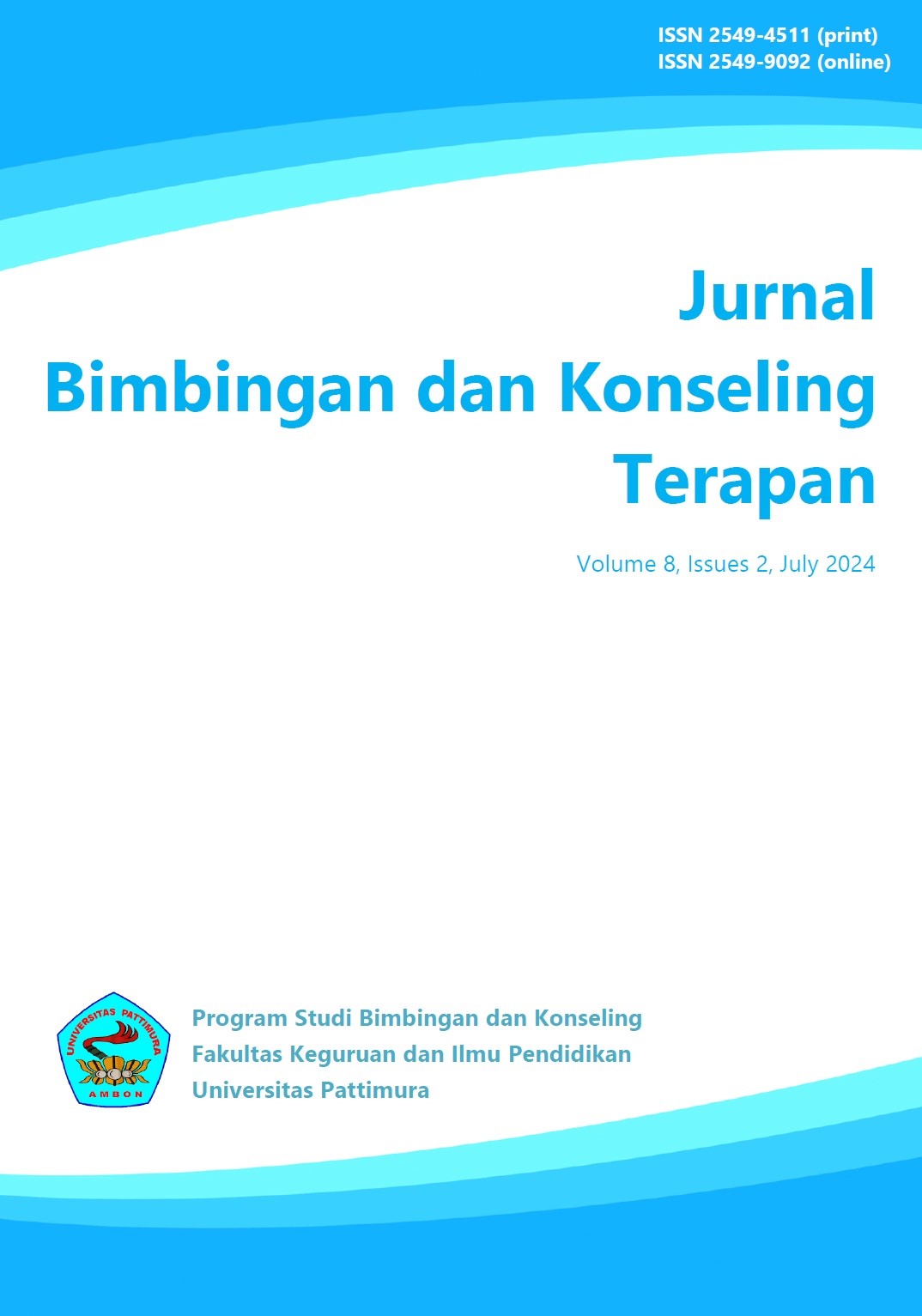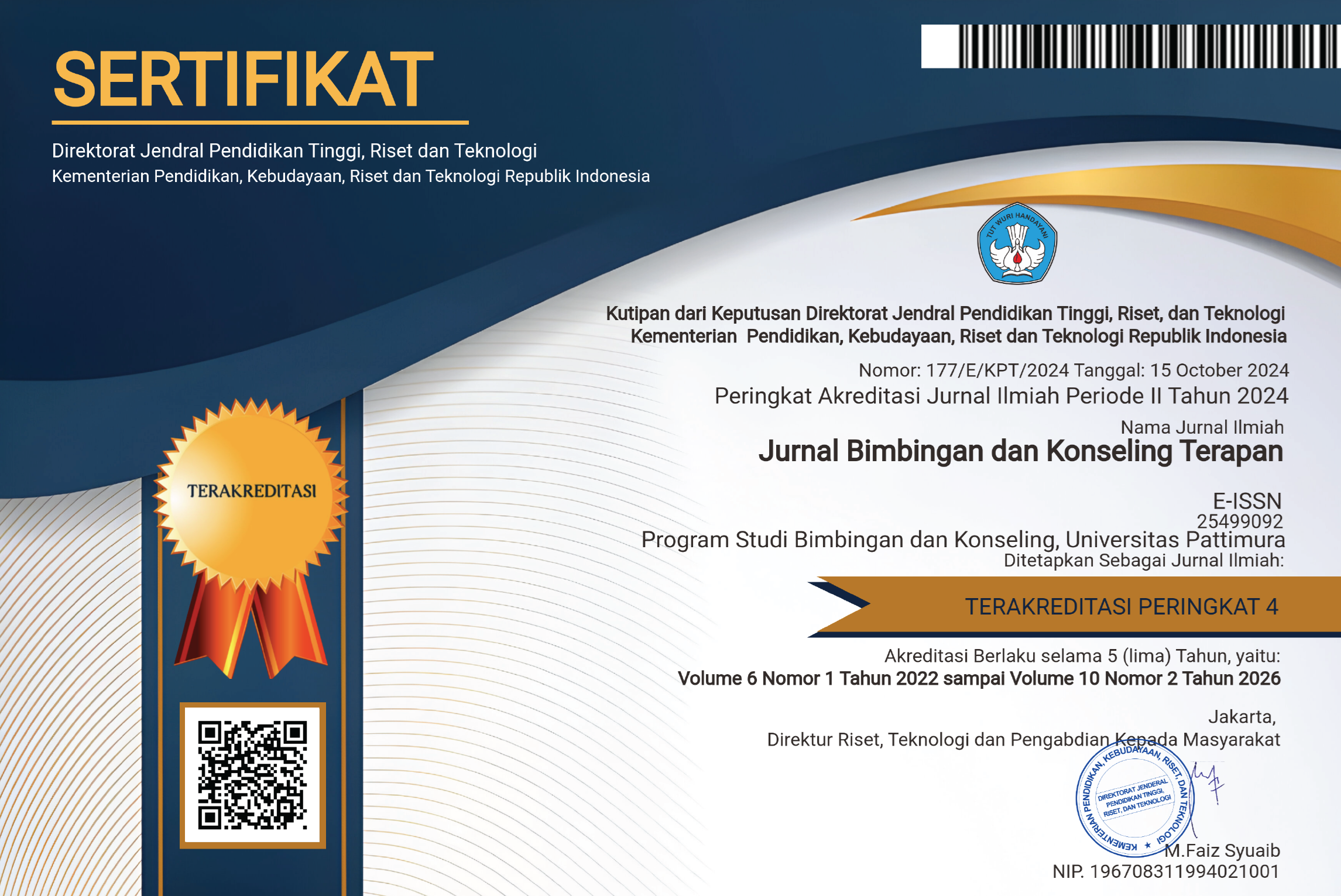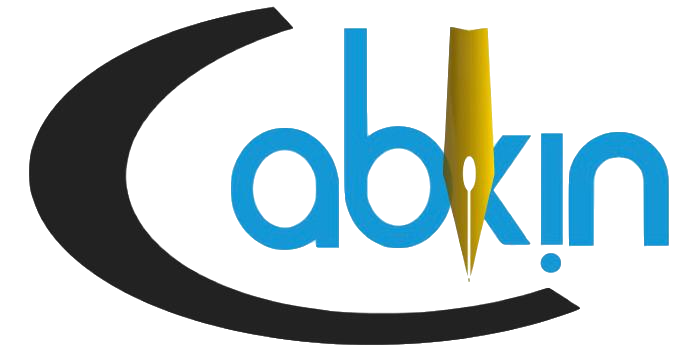Developing Effective Counseling Strategies for Visually Impaired Students: Personal, Social, Career, and Academic Perspectives
Abstract
This study examines the guidance and counseling needs of visually impaired students, emphasizing the importance of tailored programs to address their unique challenges. Using a qualitative approach complemented by quantitative data collection, the research surveyed visually impaired students at SLB – A Karya Murni Medan. The findings reveal that personal needs, such as independent daily living activities, are the highest priority, followed by career needs, including career guidance and decision-making skills. Social needs, involving communication and social interaction, and academic needs, covering fundamental educational skills, were also significant. The analysis underscores the necessity of a comprehensive counseling program designed to support visually impaired students in achieving personal independence, career readiness, social skills development, and academic success. This program should incorporate a thorough understanding of students' needs, clear objectives, and robust implementation strategies to ensure their overall well-being and development.












